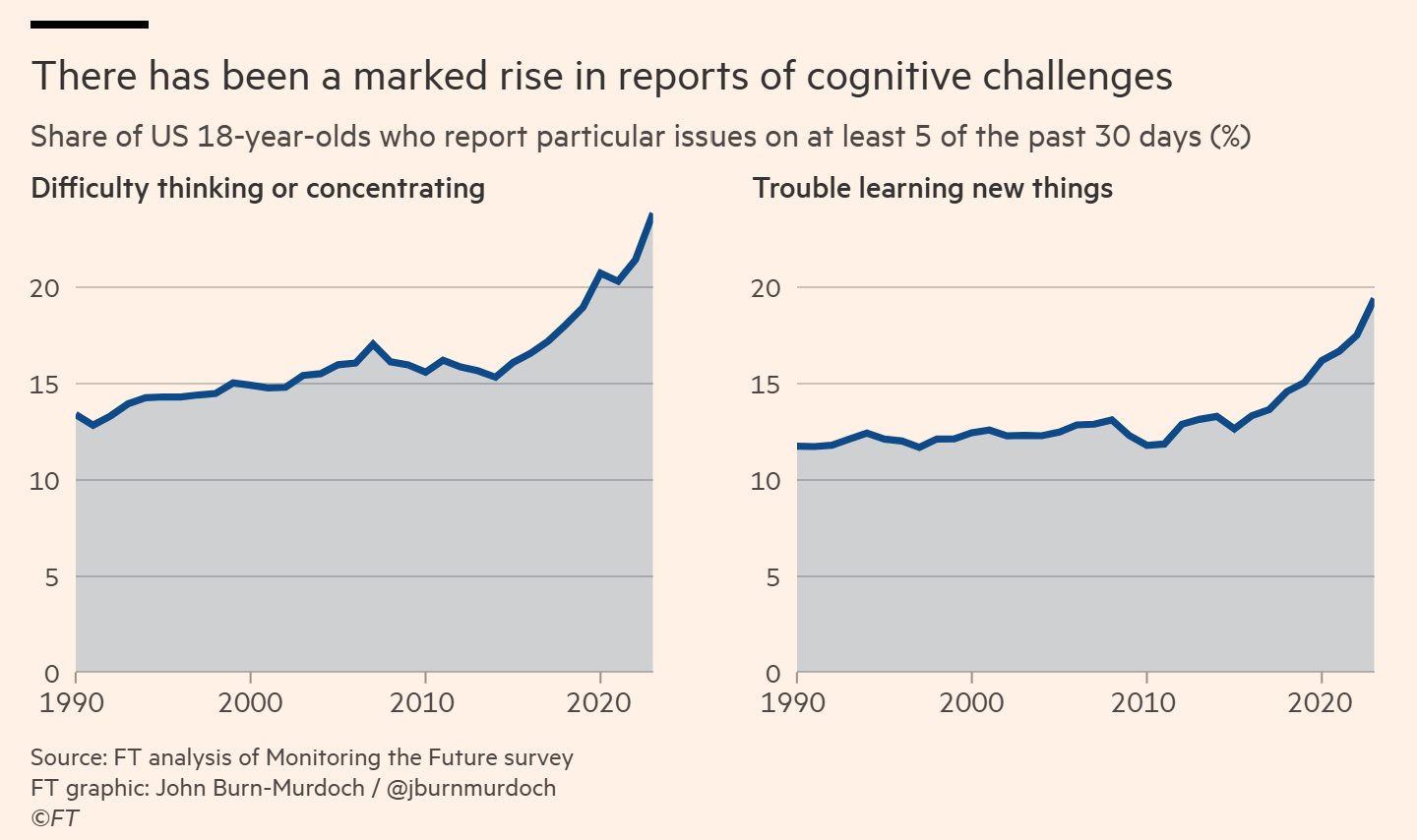How to Lose Your Mind
One Word: Stress
I like to think of the mind as a continuous process of breaking and rebuilding mental models with new information. This makes the mind evolve and adapt. It’s a whole that gets broken down with the goal of being rebuilt in different ways.
Breaking is caused by “information”, which can range from not stressful to extremely stressful. When our existing mental models break, we lose a crucial part of our mind, namely the integration of its parts. Harmony is lost, incoherence, discomfort, and scattered perceptions take over. We experience disruption and have to figure out ways to put the pieces back together in a new and harmonious way. If the rebuilding process is successful, it brings back one coherent experience, one whole, and harmony. It feels dynamic and smooth again. It feels right. A new perspective, a new mental model is formed.
Losing our minds happens when we are stuck in the breaking process and aren’t able to rebuild. The process’s balance is lost. This happens when there is too much or too intense breaking going on or when the rebuilding process can’t keep up. The more off-balance the mind is, the more we lose it, and the harder it is to return to a healthy state of mind.
Extreme stress on the system, whether from frequent or intense breaking without any rebuilding, can lead to death. I mean it, losing our minds is getting us closer to death. When the mind shatters into pieces, the body isn’t far from experiencing the same fate. Because when we die, the body stops being a functioning whole and disintegrates into pieces.
The broad strokes of someone’s state of mind can easily be observed through their behaviours. It’s easy to feel whether someone else’s behavior is off. For the person who went nuts, on the other hand, this turns out to be very hard.
Whether we have lost it also depends on the environment we find ourselves in. We probably go crazy if we start pooping on a table in a library, but we are just fine if we poop into a toilet. When we conclude that someone has lost it, it’s because their behaviors feel off in all kinds of environments. There is a general disconnect between the mental model existing in the person’s head and the reality that is out there.
Our lives are all about avoiding turning mad. Most of what we do and how we live allows the complex system that our mind is to find some sort of balance. For example, being awake stresses us, and sleeping counterbalances it. Eating and being hungry cause stress, while eating the right food and having periods during which we don’t eat create balance. Moving causes stress on the body and resting allows the body to recover. Periods of hard thinking and figuring things out combined with periods of letting go and resting the mind, are key for learning. Work and vacation are another example. For the mind to function well, there has to be some balance.
What are serious implications and consequences when the mind stops functioning properly? As I’ve mentioned above, a well-functioning mind is a mind that learns and by doing so builds itself, which is also the foundation for a well-functioning society. Sadly, we can observe a trend that young people have trouble doing exactly that, learning.
The precise causes for that are uncertain. There are a lot of factors that play a role. But the process of the mind that I’ve described might give us some hints. Young people’s minds seem to be off balance. I would guess because of too much breaking of the mind due to non-stop information coming their way, through their screens. Since there is only this much time in a day, it leaves less time for doing nothing and letting the mind rebuild itself. This is probably magnified by the type of information and how this information is pushed to different people by algorithms.
My opinion differs from what we usually hear; that algorithms are entirely at fault. I believe that people are smart enough to deal with information and figure out that they can’t be 100% certain about any of their own opinions. But when the mind is off balance it is essentially dumbing down and is not able to figure that out by itself. Being manipulated by an algorithm is the consequence and not the cause of a mind that is off balance. A stressed mind is at the mercy of the ultimate tools of persuasion of our time.
While the causes are uncertain, there is a certainty of some consequences for different people. Below, we see what it means for some men and women aged 18-24 in Germany to slightly lose it. The same cause but two very different outcomes.
Nevertheless, there are solutions to such madness. We must become aware of the things that cause stress in our systems and how our bodies and minds express stress. We must then learn to manage it. We must also become more resilient and learn how to react in stressful situations.
One could argue that stress is the number one cause of madness today. Stress is not as straightforward as we sometimes describe it. It’s very subtle sometimes, and can be caused by an infinite amount of things. Some people have never experienced a low-stress day in their lives. Low stress is a luxury, not the default, and very hard to achieve. But we have managed to make our lives less stressful in the past and should explore new ways to do so again.






